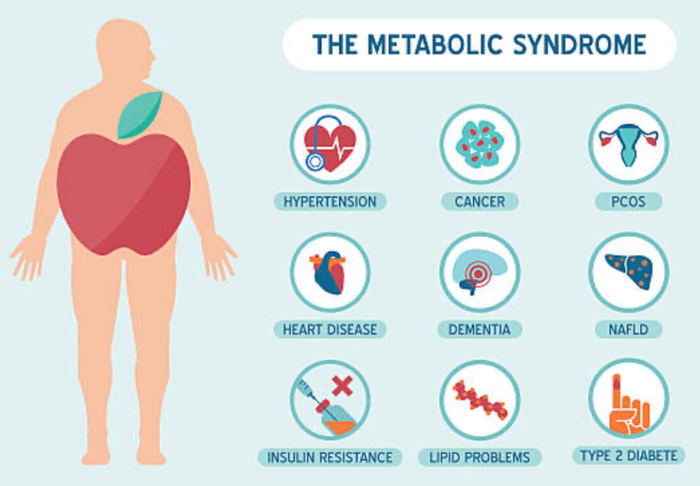What is it?
Menopause is the time in life when your monthly menstruation ceases. This marks the natural end to your reproductive stage of life when your ovaries no longer have eggs to release. Most women will experience menopause between the age of 45 and 60, with the average age being 51 years. You have reached menopause when you have gone 12 months without having your period, however, your doctor can assist you in determining this.
Some women may experience early menopause due to health conditions and can also occur following surgery to remove your ovaries or uterus. As there are many influencing factors at play, every woman will experience menopause differently. Many notice only mild symptoms, while others may by more severe.
Some of the most common symptoms include:
- Menstrual cycle changes: your periods may change in frequency prior to ceasing altogether.
- Hot flushes/night sweats: the sudden wave of uncomfortable warmth (neck and chest) and perspiration.
- Insomnia
- Joint or muscle aches and pains
- Vaginal and urinary symptoms
- Mood changes
Menopause symptoms often emerge before your periods stop. Symptoms may be more severe if menopause is induced suddenly by surgery or cancer treatment. Women from different cultures may also experience symptoms differently. For example, hot flushes and night sweats are more common in women from Western cultures, while Asian women report more aches and pains, insomnia and mood changes.
Symptoms are caused by a natural decrease in the levels of the sex hormones oestrogen, progesterone and testosterone.
Please note: irregular cycles and any of the above-mentioned symptoms may result from other health issues, so always consult your doctor for diagnosis if you are concerned. It’s important to ensure you have regular health checks, such as cervical screening and mammograms.
Most women can manage mild menopause symptoms without any treatment or medication. If you feel you need treatment for menopausal symptoms seek medical advice to find the best treatment for your individual circumstances.
Menopausal hormone therapy (MHT), or HRT, involves replacing your hormones (oestrogen and progesterone, and sometimes testosterone) to relieve menopausal symptoms. It may serve as an effective relief for common symptoms, such as hot flushes, sweats, mood swings, insomnia, joint aches and vaginal dryness.
If you opt to start MHT, take the lowest effective dose for only as long as you need to, and review with your doctor regularly whether to continue treatment. MHT is not appropriate if you have a history of oestrogen-dependent cancer, such as breast or uterine cancer.
Other contraindications to MHT include:
- unmanaged high blood pressure
- current thrombosis (such as deep vein thrombosis, or DVT), or conditions that increase your risk of blood clots
- coronary heart disease, stroke or dementia
Your doctor might also suggest some non-hormonal prescription medicines to manage menopausal symptoms. These include certain antidepressants and other medicines.
Lifestyle changes to help ease the symptoms of menopause include:
- avoiding caffeine, alcohol and spicy foods to help reduce hot flushes
- having a fan or air-conditioning on where possible
- dressing in layers that you can easily remove if you’re feeling hot
- getting regular exercise, since this will help with feelings of low mood
- avoiding sugar and ultra-refined foods
- increasing your intake of fresh, fibrous plant foods
If you feel you’d like to learn more about which lifestyle changes may be right for you, please click the link below to book your complimentary appointment (Zoom or phone) with an AstonRX healthcare professional.
Click here to book your complimentary Female Health Consultation.




























